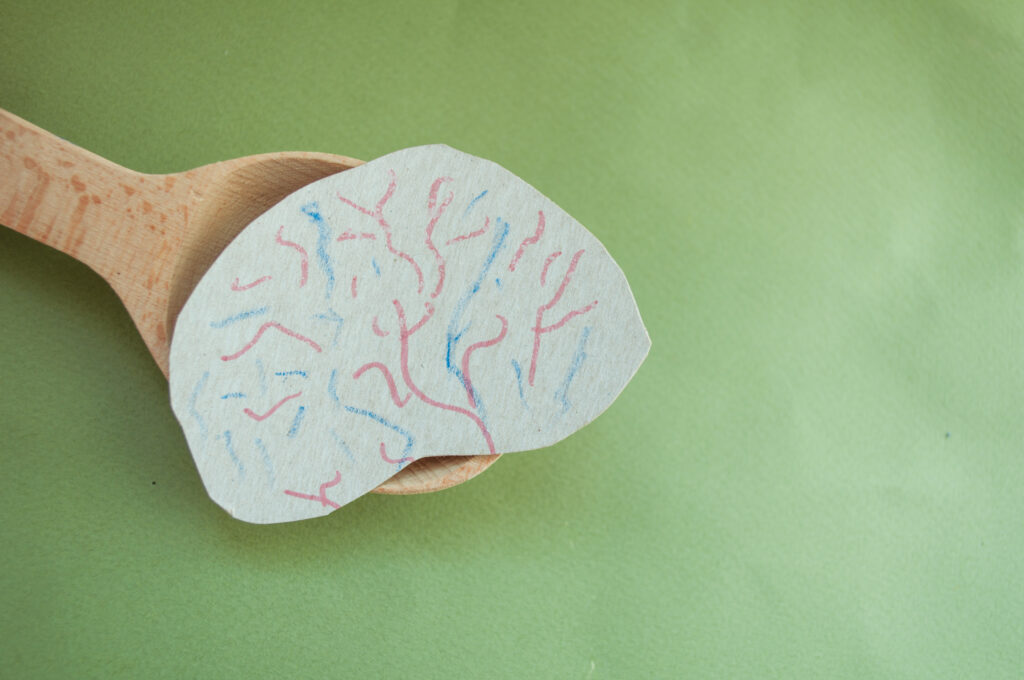Aphasia Communication Strategies

Aphasia is a communication disorder that impairs a person’s ability to speak, understand, read and write. It varies in severity and effects each person differently. A stroke, head injury, or brain tumor is usually the cause of aphasia. The most debilitating characteristic of aphasia is that it impairs one’s ability to communicate which in turn leads to isolation and frustration. There are aphasia communication strategies you can use to improve communication. Not all strategies will work with every person, but combining different strategies will most likely improve communication. Below are some tips to utilize when communicating with a person who is experiencing aphasia.
List of Communication Strategies
- Be sure to get the person’s attention before you start speaking.
- Make the environment as quiet as possible. Turn off the television or radio, ask others in the environment to lower their voice or move to another area, etc.
- Unless the person is hearing impaired, use your normal voice. Shouting will not help.
- Shorten your sentences and pause more often. However, do not simplify your speech so much that you appear to be “talking down” to the person.
- Allow time for the person to respond. Don’t attempt to guess their questions or thoughts or finish their sentences.
- Use yes/no questions to confirm that you have understood.
- Use varied modalities to communicate such as gesture, pointing, facial expression, writing, drawing, and even photographs or pictures. Communication is not just speech. We express a lot through nonverbal means.
- Use a cell phone as an alternative communication device. Names of people can be retrieved from the contacts list if a person is not able to say a name. The notes app can store demographic information or common phrases. Likewise, photographs of preferred activities, medication, etc. can be stored in the photo app.
- Do not expect an aphasic person’s words or sentences to be perfect. Respond to the intent of the message.
- Engage the person in family decision making, previously enjoyed activities/hobbies and community events. Avoid resorting to extensive television watching. Isolation is a real concern following a stroke.
- Be receptive to talking about the emotions that frequently accompany aphasia. Anger, frustration and sadness are typical emotions due to difficulty with communication.
- Encourage independence, especially in the medical and rehabilitation setting. Try not to speak for the person.
These aphasia communication strategies should help, but if you find that communication is still difficult, speech therapy can offer strategies that are individualized and specific.
